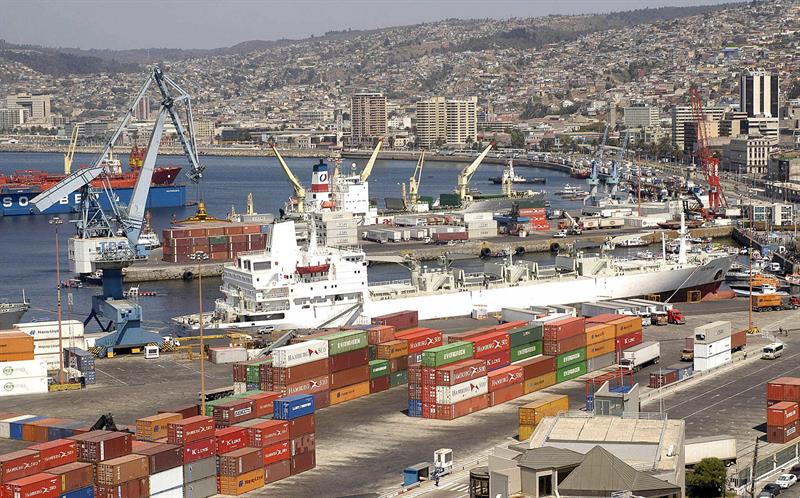Guatemala, Nov 10 (EFE) .- In order to increase competitiveness levels and facilitate foreign trade and regional integration, Chile is focused on generating linkages productive in Central America and the Caribbean, to adapt to a changing sector.
"What we seek is, through direct investments, to help strengthen linkages productive ", turning the companies of each country into" strategic "partners that allow to export merchandise through the agreements already in force, explains in an interview with Efe the boss Department of Foreign Investments of the Government of Chile, Mario Benavente.
And it is that his country, which has agreements with 64 economies but a real export capacity that covers a demand of 30 or 34%, has identified what is the problem and that is why it has decided to expand its trade, whose main market is now China, with 50% of exports.
"This level of concentration is starting to worry us a little, we have always been friends of the balanced diversification of the markets "because" an excess of concentration is not very good ", explains Benavente, who invites you to look at other areas.
"There is a tremendous untapped range because there is not enough product, what better than to look for partners to help us complement this offer to the world market, "he proclaims.
And a country where starting to analyze these mercantile options is Guatemala, where Benavente and other officials accompanied a trade mission chilean that begins to examine what are those possibilities that allow them to increase the sales and the sustainability of the companies.
In this Central American country, the first in which These preliminary studies have been concluded, opportunities have been identified in products such as cocoa or coffee, generated in large quantities in Guatemala but which do not reach Chile, where they export others as pet food, sugarcane, rubber or polymers from the chemical industry.
This increase in bilateral trade happens precisely to generate those productive linkages, in which the Guatemalan producers of cacao, for example, come to an agreement with other Chilean companies, one of the most important confectionery countries in Latin America.
That product, transformed, could go to other markets more easily and in China, for example, it would not pay the 8% tariff that it currently disburses when it leaves the country. Guatemala if that "raw material stream" is generated, something that could be done in other commodities such as rubber or fruit.
Questioned by the lack of legal certainty that many In Guatemala, as well as political instability, the Chilean official acknowledged that the situation is "complex" and generates "concern", but his government helps generate a In addition, he adds, history shows that Chilean investment is "countercyclical," that is, "the worse the world conditions, the greater the investment" because those bad conditions generate "cheaper prices" and Chileans, when those circumstances occur, take advantage of the opportunity.
Reluctant to make projections, Benavente prefers to work and that the future show the results, but stresses that Chilean investment has historically been characterized by generating employment, a great social and negotiating instrument, and in Guatemala, a country with that the balance of trade is balanced, there are great opportunities and mutual interests.
The goal is to continue with the studies in the other countries of Central America and the Caribbean for identify those products that could be linked to productive linkages and also work with them in the not too distant future.


Comments 0